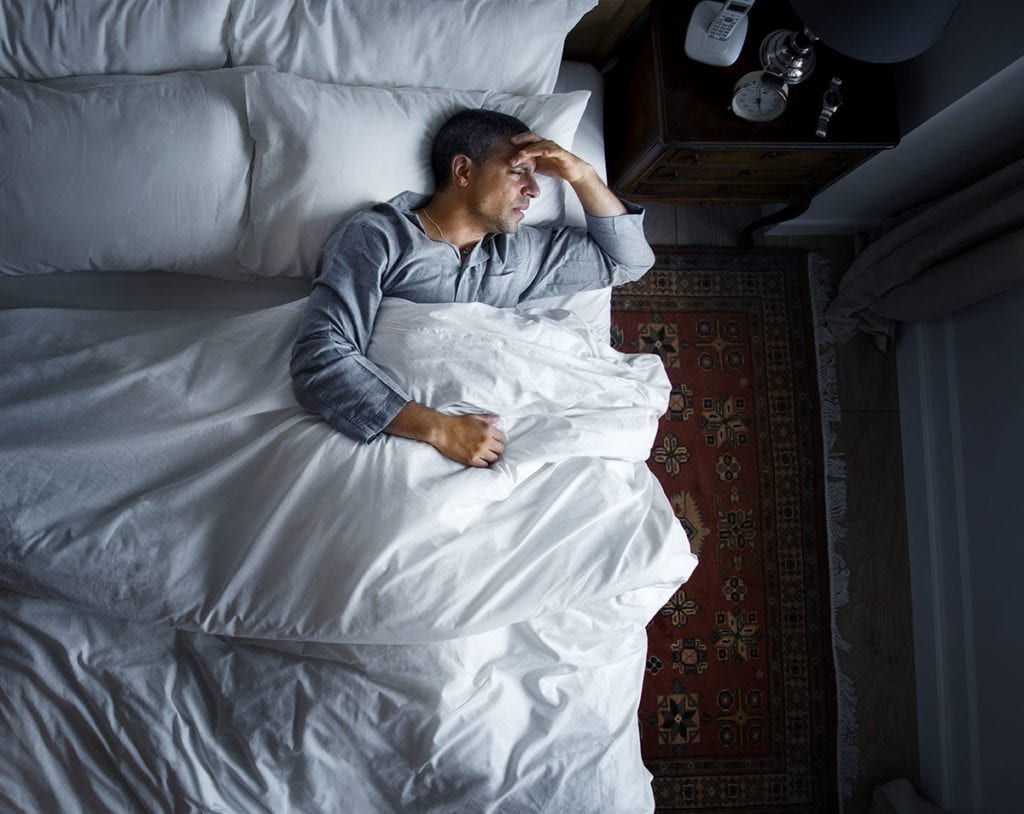How Depression and Anxiety Impact Addiction
There isn’t always a clear answer as to what started first, your depression and anxiety, or your addiction. For some people, the need to dull feelings or find a way to escape from depression leads to an abuse of substances. For others, addiction begins after being prescribed pain medication and living a life of addiction causes depression. No matter why you are dealing with an addiction and you are having mental health needs, getting the help you deserve is important. At The Ranch PA, we provide dual diagnosis treatment for individuals who are struggling with an addiction and would benefit from mental health treatment at the same time.
Anxiety and Your Recovery Process
Anxiety can be difficult to manage, and some people turn to drugs or alcohol for a way to reduce the symptoms. When you are dealing with a tough addiction, it may cause you anxiety because you want to stop. Withdrawal symptoms can cause anxiety, as can living with the uncertainty that comes with addiction. If you are addicted to substances and you have anxiety, treatment can help you:
- Uncover the true cause of your anxiety and help you work through the anxiety to a calmer state of mind
- Find the medication or relapse prevention strategies that allow you to have better coping skills
- Break free from addiction while getting support for your anxiety
- Work with a therapist to talk about negative thought patterns that can lead to anxiety and depression
Anxiety can be managed when you work in an addiction treatment center that offers dual diagnosis care for those that need it. When you begin talking to a therapist about ways to manage your anxiety, you will discover that therapy can have a positive impact on your life.
When Depression Takes Over
If you are diagnosed with depression, this doesn’t always mean that it is impossible to get out of bed. Depression can manifest in a number of ways and can leave you feeling unmotivated to change. Low-grade depression can give you a feeling of hopelessness, and make it hard to focus. Signs that you are struggling with depression include:
- You don’t enjoy the activities that you used to and stay home more often
- You can’t focus on your work and don’t care if you get anything accomplished
- Tired all the time for no obvious reason
- You continue to abuse substances, and you have minimal motivation to change your behavior
Depression and anxiety are both treatable conditions that can make recovering from drugs or alcohol more difficult. When you go to a program for dual diagnosis treatment, you won’t have to ignore your depression and anxiety while also getting help for your addiction at the same time. Dual diagnosis treatment is common. Many people who need help with an addiction are also struggling with an underlying mental health condition. When you are in recovery, you will have an easier time learning about addiction and relapse prevention strategies when you have your anxiety or depression managed. You can heal from your addiction and live a more productive life, but you have to make the decision to get the treatment you need. Once you are in a treatment program, you can start the withdrawal process and begin to learn how to find support in your recovery.
Find Addiction Treatment Now
Stop letting addiction control your life. If you are dealing with depression and anxiety because of your addiction, The Ranch PA is ready to help. Contact us today at 717.969.9126 and begin your journey of recovery now.

